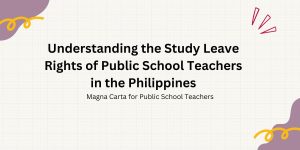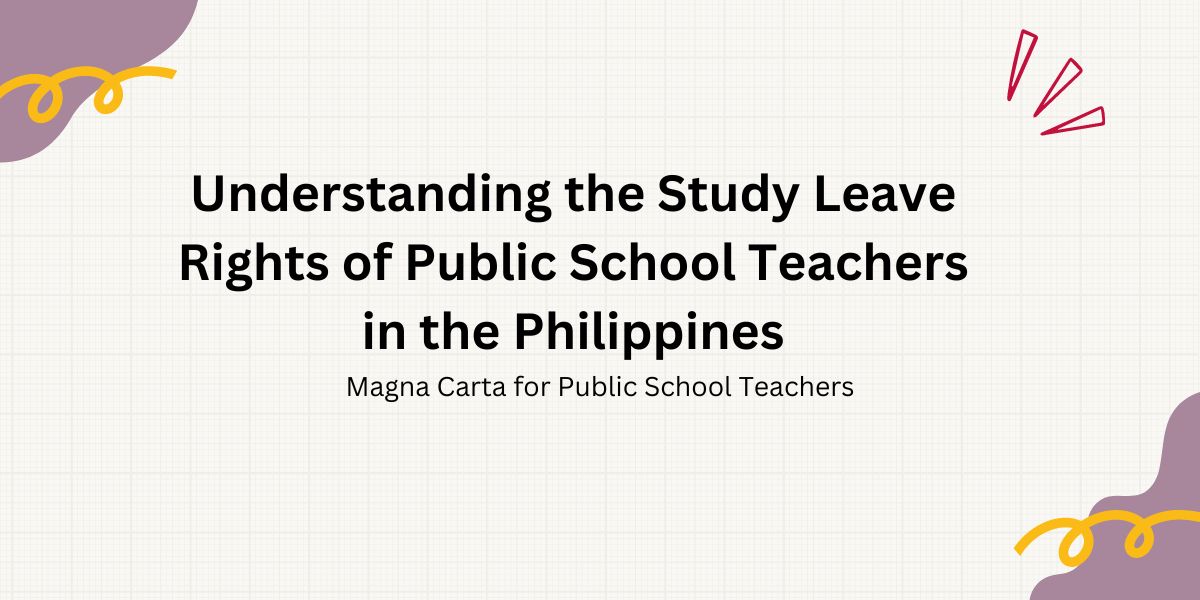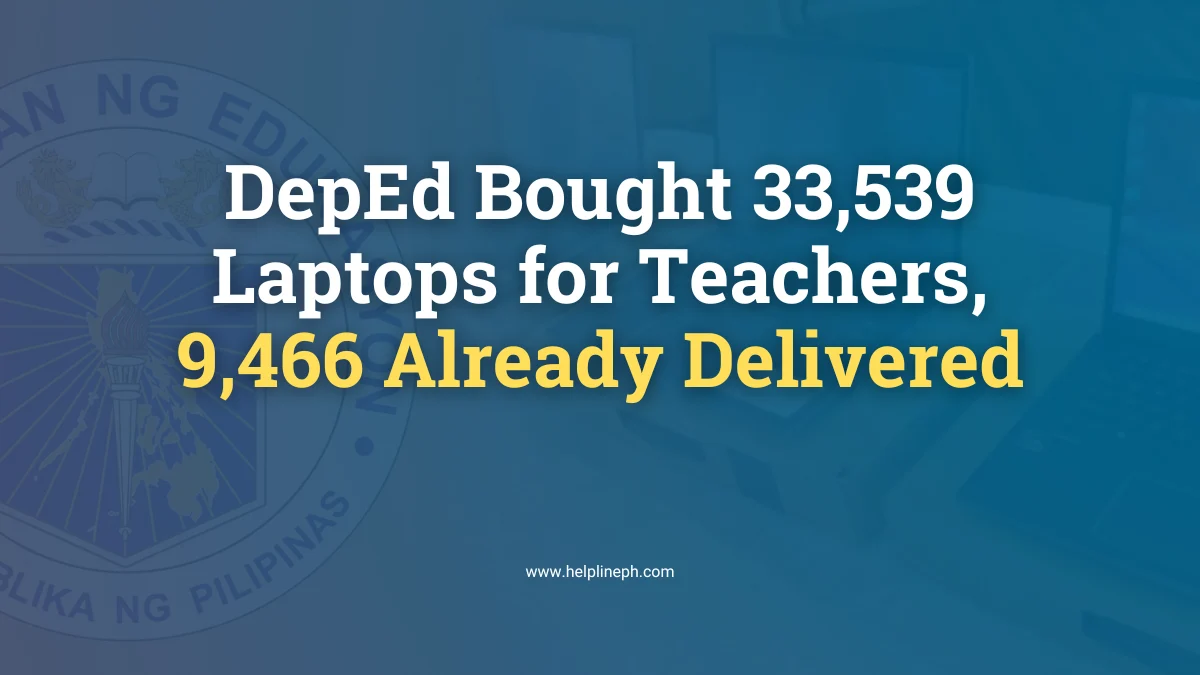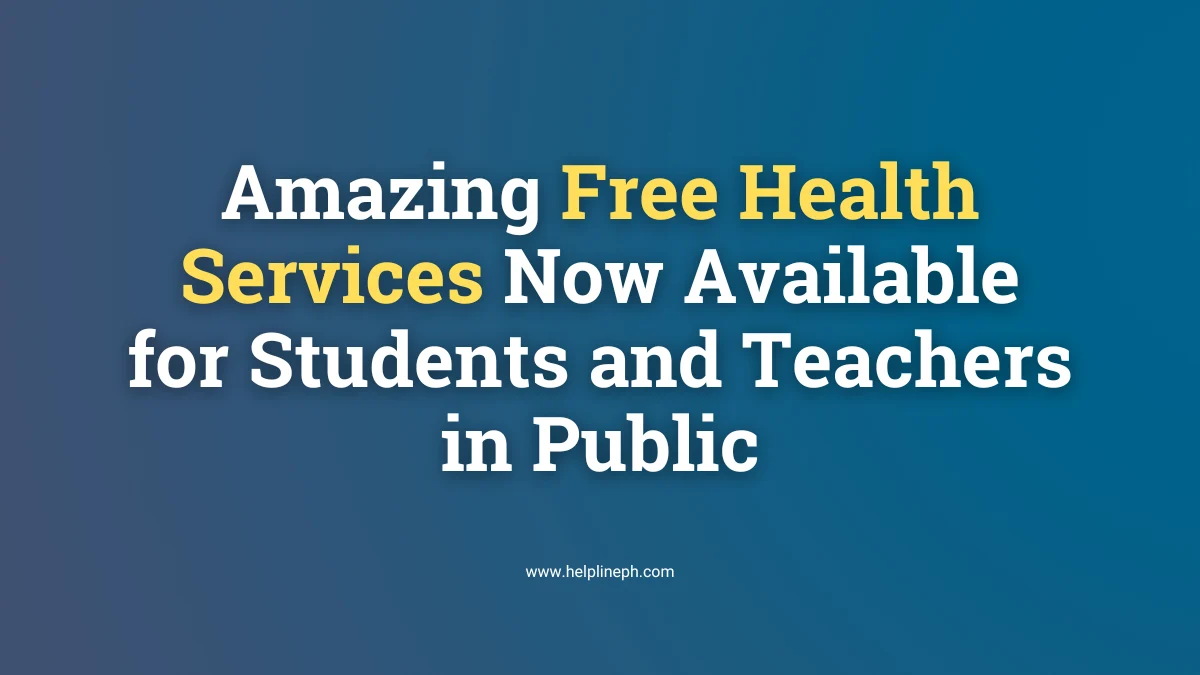A Deep Dive into Section 24: The Study Leave Rights of Public School Teachers in the Philippines
I. Introduction

Teaching is a profession that necessitates continuous learning and growth. As educational standards evolve, so must the skills and knowledge of our educators. A key component enabling this growth is the provision of study leave, a period during which teachers can pursue further education or training without losing their employment status. This article explores the concept of study leave as outlined in the Magna Carta for Public School Teachers in the Philippines.
II. The Magna Carta for Public School Teachers: An Overview
The Magna Carta for Public School Teachers, also known as Republic Act No. 4670, was enacted in 1966. The act outlines the rights and protections afforded to public school teachers, with a focus on improving their socio-economic status and employment conditions. Among these rights is the provision for educational leave.
III. The Concept of Study Leave
Study leave refers to the time off granted to teachers to enable them to engage in studies or training that contribute to their professional development. It’s a period when teachers can pursue higher education, attend workshops or seminars, or engage in research, without the pressure of balancing these pursuits with their daily teaching responsibilities.
IV. Study Leave under the Magna Carta: Section 24
Section 24 of the Magna Carta outlines the provision of study leave for public school teachers. Specifically, it allows teachers to take a study leave of up to one school year after seven years of service. During this period, a teacher is entitled to at least sixty percent of his salary, provided that the teacher agrees in writing to return to work after the leave, barring uncontrollable circumstances. The Department of Education is tasked with scheduling the granting of educational leave.
V. The Impact of Study Leave on Teachers’ Professional Development
Study leave provides an invaluable opportunity for teachers to hone their skills, update their knowledge, and discover new teaching methodologies. By enabling teachers to focus on their studies, it can contribute to improving teaching quality and student learning outcomes. This provision recognizes the importance of investing in the professional growth of educators and values the role they play in shaping the future of the nation.
VI. Challenges and Controversies Surrounding Study Leave
While the provision for study leave is a significant step towards empowering teachers, it is not without challenges. Some teachers may find the process of applying for educational leave daunting or may face difficulties in meeting the eligibility criteria. Additionally, there may be concerns about the impact of teachers’ absence on their students, particularly in areas with teacher shortages. The successful implementation of this provision requires balancing the rights and needs of teachers with the goal of ensuring quality education for students.
VII. Conclusion
Understanding the right to educational leave is crucial in appreciating the continuous journey of learning that defines the teaching profession. As stipulated in the Magna Carta for Public School Teachers, this right not only contributes to the professional development of teachers but also enhances the quality of education in the country. As educators, stakeholders, and policy-makers, it is our shared responsibility to advocate for and uphold these rights, thereby fostering an environment that values and supports lifelong learning.







